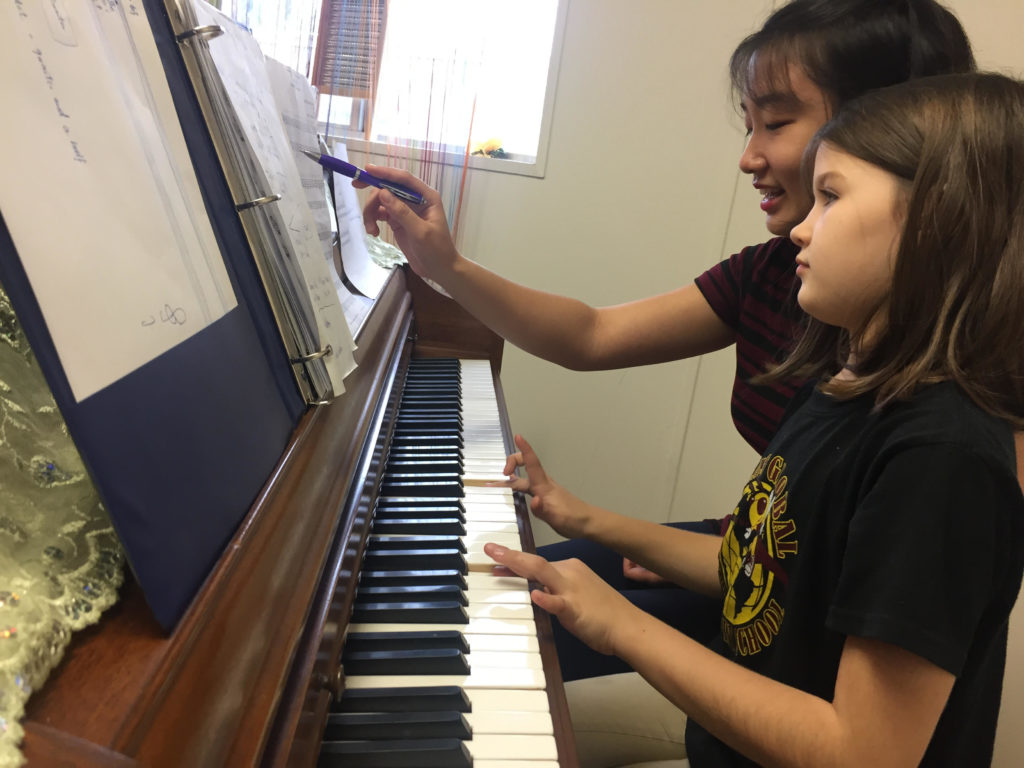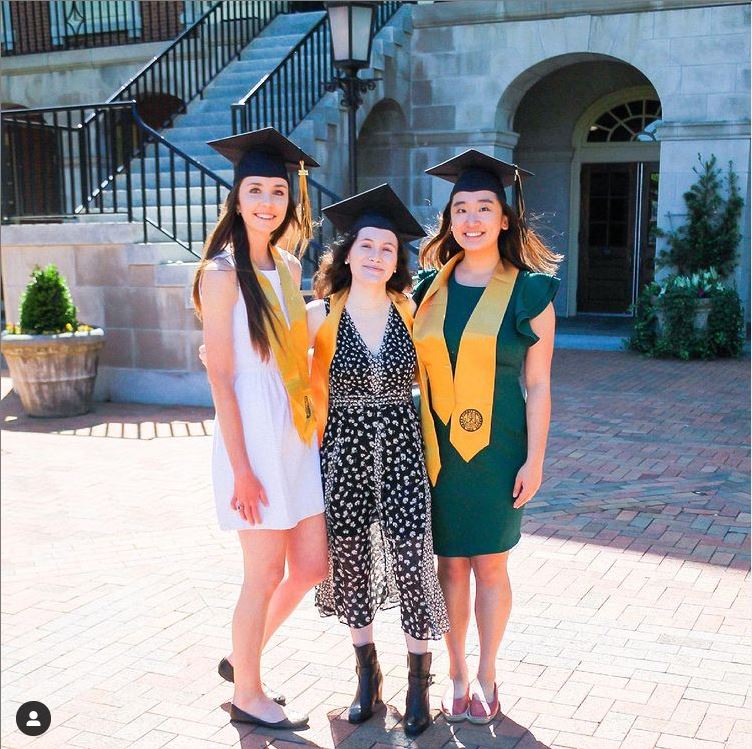Senior Reflections from Ying
June 7, 2021
My story with Musical Empowerment came alive when I stepped into a conference room at the Benson University Center at Wake Forest University, where I entered as a first-year in 2017. Going into college, I knew that I wanted to use my musical talents for good. As a firm believer in “what goes around, comes around”, I felt that it was necessary for me to give back to the community, in ways that my musical mentors and peers have empowered me. Therefore, I began as a humble “Teachers Relations Leader”, who communicated relevant information to student teachers and continued all the way up to Senior Co-President, where I planned out events, delegated tasks, met many great Executive Team members, and handed the team over to another generation of leaders.
I was excited but caught off guard by the transition between my high school, where I had less autonomy and responsibilities in terms of academic and social events, to college, where I shouldered roles that came with more risks. However, as a piano teacher and an executive team member, Musical Empowerment became a stable piece of the college puzzle that I deliberately and carefully managed my time around. This piece of the puzzle was unavoidable even during my off-days, where I felt that I struggled to give my 100%, and during my on-days, where I felt that I was a great teacher and member of the organization.

I will miss the most about the ups, the downs, and everything in-between. For example, I will miss moments of realization when I realize that I should have taken more extensive notes on my student’s performance before they slack on practicing. I will miss moments of happiness when I see that my student is practicing harder now that I am taking a more slow and gentle approach. I will miss the moments when my students felt comfortable with me not only as a teacher but as a friend who is really happy to be growing with her in music. Most importantly, I will miss the people. From Allison and the rest of the Nationals team who engaged in phone calls and meetings with the Wake Forest team, to the students of Speas Elementary, then to the Exec Members who held me accountable and believed in me, I owe it to all for my growth from someone who was less aware of my impact as a teacher, to someone who is always seeking ways to grow as a musician and a teacher. Specifically, I understood that, just like reading music carefully, detail-orientation and accountability are the two biggest pillars that will ensure the success of your students.
Therefore, my biggest advice for new Musical Empowerment teachers is three-fold.
First, don’t be too hard on yourself. It is okay to encounter a problem you do not know how to solve, but it matters if you ask the resl questions about it to the right people. For example, if your student isn’t practicing, or if their parents aren’t cooperating, you should not beat yourself up over your inexperience in teaching, but to direct your questions to former teachers, mentors, and faculty around you who are here to tell you. After all, you paid for your college education and signed up for the time that you deserve.
Second, hold yourself accountable as a mentor. I think that there is a huge difference between self-sabotage, which includes negative self-talk that keeps you in the gutter, and self-reflection, which includes growth-oriented language and positive affirmations. I believe that the former leads to more confusion and frustration that are unproductive to your success and your student’s success, and the latter results in moving forward and benefitting everyone in their musical journey. Always be honest about what you need to improve as a teacher, whether that be playing technique, music theory knowledge, communication skills, etc. Remember, the most prolific and well-loved composers who created our musical scores, teachers who taught them, and the people who supported them, always questioned themselves and thought ahead of the curve.
Lastly, enjoy the process and trust it too! Personally, I have grown tremendously as a mentor through Musical empowerment at Wake Forest, where I began as a teacher who struggled to communicate how music works to an elementary student, to someone who spoke concisely and eloquently on complex subjects to a young audience. We have all began from ground zero before, but it matters that we remain grateful and hopeful about what Musical Empowerment will really offer us: growth as a student, musician, and human.

My plans post-graduation involves a Master’s degree at the Duke University Fuqua School of Business. However, my musical journey is just beginning. I plan on exploring the realms of songwriting, which is a change from my classical background. However, I still do enjoy classical music and hope to work with children again in the future. Though my story might seem perfect from the outside, the process was far from a breeze. Musical Empowerment has challenged me in beautiful ways as a teacher beyond just in front of the piano, and I believe that it will challenge you the same way. Specifically, I believe that as long as you show up with an open mind and be as prepared as you can for each lesson with precise notes, syllabi, and active listening skills, you will feel more and more fulfilled about the work of a music mentor.
Again, it is exactly due to Musical Empowerment that my love for music education, especially toward young children, was able to live on with confidence and power. I hope that you can trust the process and remain grateful as well as what Musical Empowerment has to offer you as a member because you are making a difference each and every day when you show up for your student and put a smile on their face. I believe in you. Go ME!